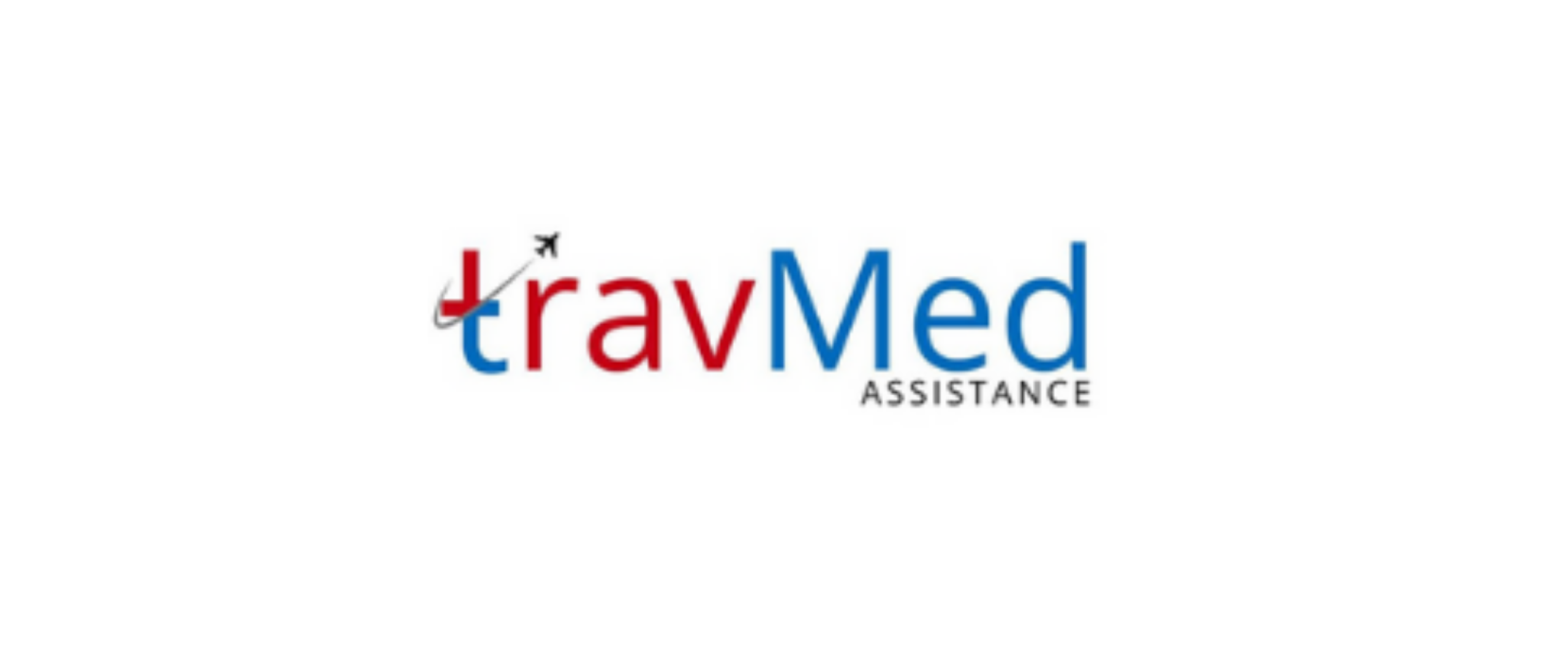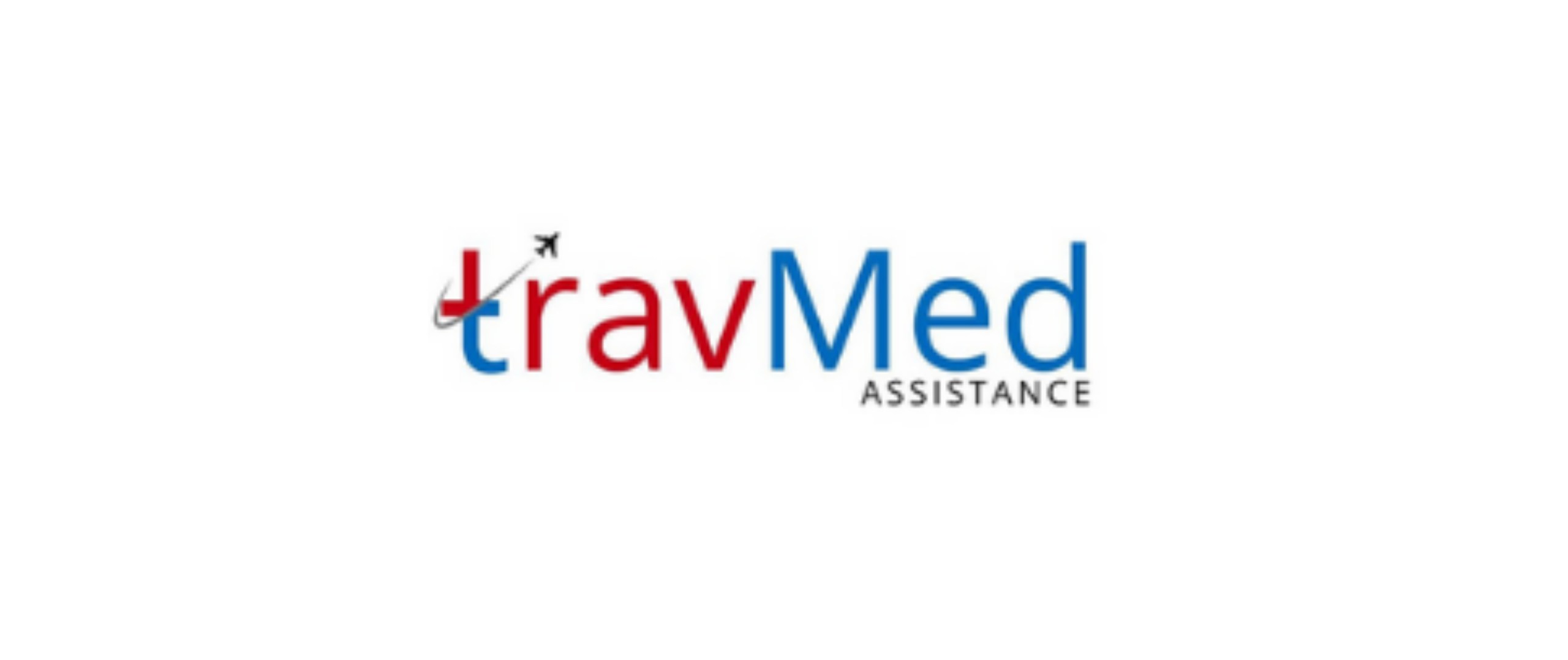
OPD (Outpatient Department) and IPD (Inpatient Department) services are fundamental components of healthcare delivery in Nepal. OPD services cater to patients who visit hospitals or clinics for consultations, diagnoses, or treatments without requiring overnight stays. These services encompass routine check-ups, minor procedures, and follow-up appointments. IPD services, on the other hand, involve admitting patients for extended periods, typically for more complex medical conditions, surgeries, or intensive care. IPD patients receive round-the-clock medical attention, nursing care, and access to specialized facilities within the hospital premises. Both OPD and IPD services play crucial roles in addressing various healthcare needs of the Nepalese population, from primary care to advanced medical interventions.
Who provides these services in Nepal?
In Nepal, OPD and IPD services are provided by a diverse range of healthcare institutions and professionals. Government hospitals, such as Bir Hospital and Tribhuvan University Teaching Hospital, offer comprehensive OPD and IPD services across multiple specialties. Private hospitals like Grande International Hospital and Norvic International Hospital also provide extensive OPD and IPD facilities. Additionally, numerous community health centers, primary health care centers, and private clinics throughout the country offer OPD services. For IPD services, district hospitals and specialized medical centers like B.P. Koirala Institute of Health Sciences play significant roles. Non-governmental organizations (NGOs) and international aid agencies also contribute to the provision of these services, particularly in remote areas. The healthcare landscape in Nepal continues to evolve, with an increasing number of private healthcare providers entering the market to meet the growing demand for quality medical services.
How do OPD and IPD services work?
OPD services in Nepal typically operate on a first-come, first-served basis or through appointment systems. Patients visit the hospital or clinic, register at the reception, and are directed to the appropriate department or specialist. Consultations, diagnostic tests, and minor procedures are conducted during the visit, with patients returning home the same day. For follow-up care, patients may be given subsequent appointment dates.
IPD services involve a more complex process. Patients requiring admission are first evaluated in the OPD or emergency department. Once the need for hospitalization is determined, they are admitted to the appropriate ward or specialty unit. During their stay, patients receive continuous medical care, including regular check-ups by doctors, nursing care, medication administration, and necessary treatments or procedures. The length of stay varies depending on the patient’s condition and treatment plan. Upon recovery or stabilization, patients are discharged with follow-up instructions and medications as needed.
What documents are needed for these services?
For OPD and IPD services in Nepal, patients typically need to provide the following documents:
- Valid identification (citizenship card, passport, or driver’s license)
- Previous medical records (if available)
- Referral letter from a primary care physician (if applicable)
- Insurance card or policy details (for insured patients)
- Birth certificate (for pediatric patients)
- Marriage certificate (for spousal benefits, if applicable)
- Recent passport-sized photographs
- Consent forms for specific procedures or treatments
- Emergency contact information
- Proof of address (utility bill or official document)
- Immunization records (especially for children)
- List of current medications and allergies
How much do OPD and IPD services cost?
The cost of OPD and IPD services in Nepal varies widely depending on factors such as the healthcare provider, location, and specific medical needs. Government hospitals generally offer more affordable rates compared to private institutions. OPD consultation fees in public hospitals typically range from NPR 50 to NPR 200, while private hospitals may charge between NPR 500 to NPR 2000 or more for specialist consultations. Diagnostic tests and medications incur additional costs.
IPD services are generally more expensive due to the extended care and resources involved. Daily room charges in government hospitals can range from NPR 500 to NPR 2000, while private hospitals may charge NPR 3000 to NPR 10,000 or more per day, depending on the room type. Additional costs for medications, procedures, and specialist care can significantly increase the overall expense. It’s worth noting that some hospitals offer package deals for common procedures, and health insurance can help offset these costs for insured patients.
How are services different for OPD and IPD?
OPD services focus on short-term, outpatient care. Patients visit the hospital for consultations, diagnostic tests, or minor procedures and return home the same day. OPD services typically include general check-ups, specialist consultations, vaccinations, wound dressings, and follow-up appointments. The emphasis is on quick diagnosis and treatment of less severe conditions or management of chronic diseases.
IPD services, conversely, involve admitting patients for extended periods. These services cater to more complex medical conditions requiring continuous monitoring, intensive care, or surgical interventions. IPD patients receive round-the-clock medical attention, nursing care, and access to specialized equipment and facilities. Services include major surgeries, intensive care treatment, long-term medical management for severe illnesses, and comprehensive rehabilitation programs. IPD care is more personalized and intensive, with a multidisciplinary team of healthcare professionals involved in patient care.
Are services available for foreign patients?
Yes, OPD and IPD services are available for foreign patients in Nepal. Many hospitals, particularly in urban areas like Kathmandu and Pokhara, cater to international patients. These facilities often have English-speaking staff and provide services tailored to the needs of foreign visitors. Some hospitals even have dedicated international patient departments to assist with visa extensions, travel arrangements, and language interpretation.
Foreign patients can access a wide range of medical services, from routine check-ups to specialized treatments. However, it’s advisable for foreign patients to have comprehensive travel insurance that covers medical expenses in Nepal. Additionally, some hospitals may require upfront payment or deposits for services rendered to international patients. It’s also recommended that foreign patients bring their medical records and any necessary medications when seeking healthcare in Nepal.
How reliable are service providers in Nepal?
The reliability of OPD and IPD service providers in Nepal varies depending on factors such as location, type of institution, and available resources. Major urban centers like Kathmandu and Pokhara generally offer more reliable and advanced healthcare services compared to rural areas. Government hospitals, while often overcrowded, provide essential services at affordable rates. Private hospitals, especially those with international accreditations, typically offer higher standards of care but at premium prices.
Nepal has made significant strides in improving its healthcare system, with many hospitals now equipped with modern facilities and staffed by well-trained professionals. However, challenges remain, particularly in rural areas where access to specialized care can be limited. The reliability of service providers can also be affected by factors such as power outages, equipment shortages, and occasional medicine scarcity. Patients are advised to research and choose healthcare providers carefully, considering factors such as reputation, accreditation, and available facilities.
How do I access OPD and IPD services?
To access OPD services in Nepal, follow these steps:
- Choose a healthcare facility (hospital, clinic, or health center)
- Visit the facility during operating hours
- Register at the reception or information desk
- Obtain a registration card or number
- Pay the consultation fee (if applicable)
- Wait for your turn or scheduled appointment time
- Consult with the doctor or healthcare provider
- Undergo any prescribed tests or procedures
- Collect medications from the pharmacy (if prescribed)
- Schedule a follow-up appointment if necessary
For IPD services:
- Visit the OPD or emergency department for initial assessment
- Undergo necessary tests and evaluations
- Receive admission recommendation from the attending physician
- Complete admission formalities at the hospital’s admission desk
- Provide necessary documents and make initial payments
- Get assigned to a hospital room or ward
- Undergo prescribed treatments and procedures during your stay
- Participate in daily rounds with healthcare providers
- Prepare for discharge when deemed medically fit
- Complete discharge formalities and settle final bills
Are services available nationwide in Nepal?
OPD and IPD services are available nationwide in Nepal, but the extent and quality of these services vary significantly across different regions. Urban areas, particularly Kathmandu Valley and other major cities, offer a wide range of OPD and IPD services through numerous hospitals, clinics, and specialized medical centers. These urban facilities often provide advanced medical care and specialized treatments.
In rural areas, basic OPD services are generally available through health posts, primary health care centers, and district hospitals. However, access to comprehensive IPD services may be limited in remote regions. The government has been working to improve healthcare access nationwide through initiatives like the establishment of provincial and district hospitals. Despite these efforts, disparities in healthcare access and quality persist between urban and rural areas. Patients in remote locations often need to travel to larger towns or cities for specialized treatments or complex medical procedures.
What facilities are included in these services?
OPD services typically include the following facilities:
- General consultation rooms
- Specialist clinics (e.g., cardiology, orthopedics, gynecology)
- Diagnostic laboratories for blood tests and other analyses
- Imaging facilities (X-ray, ultrasound, CT scan, MRI)
- Minor procedure rooms
- Pharmacy
- Vaccination clinics
- Physiotherapy units
- Dental clinics
- Eye care centers
- Emergency departments
IPD services often encompass more extensive facilities:
- Patient wards (general, semi-private, private rooms)
- Intensive Care Units (ICU) and Critical Care Units (CCU)
- Operation theaters
- Post-operative recovery rooms
- Neonatal Intensive Care Units (NICU)
- Dialysis units
- Chemotherapy units
- Burn units
- Rehabilitation centers
- Blood banks
- Central sterilization departments
- Dietary services
- 24-hour nursing care
- Advanced diagnostic and imaging facilities
How are services monitored for quality?
Quality monitoring of OPD and IPD services in Nepal involves various mechanisms and regulatory bodies. The Ministry of Health and Population (MoHP) sets national healthcare standards and policies. The Nepal Medical Council (NMC) oversees the registration and regulation of medical practitioners, ensuring they meet professional standards. The Department of Drug Administration (DDA) monitors the quality and safety of medications used in healthcare facilities.
Hospitals and clinics are required to obtain licenses from the government and undergo periodic inspections to ensure compliance with health and safety regulations. Many private hospitals voluntarily seek international accreditations, such as Joint Commission International (JCI) certification, to demonstrate their commitment to quality care. Internal quality assurance committees within hospitals conduct regular audits and performance reviews. Patient feedback mechanisms, including satisfaction surveys and complaint systems, also play a role in monitoring service quality. Additionally, professional associations and medical societies contribute to maintaining standards through continuing medical education programs and peer reviews.


